Please explain why you are interested in being a Physician Assistant.
This is an example of the type of prompt that is given for your CASPA essay. An open-ended request for you to explain how you've come to the decision of your future career in 5,000 characters or less (including spaces and punctuation), which is basically one page.
At this point you start to question what in the world you should write about. How do you start? Should you use a story? Or a quote? How do you convey that out of thousands of other applicants, you are most deserving of a spot? All valid and tough questions. The next challenge is fitting all of that information into a limited amount of space. As a pre-PA coach who has read thousands of personal statements, I hope to give you some direction on coming up with exactly what you need to put into your personal statement.
The purpose of your CASPA essay is to show who you are as a person while explaining your motivations for choosing the PA profession. From looking at your grades, achievements, patient care and volunteer experience, an admissions committee can tell whether you have the potential to do well in a PA program academically. They cannot tell if you are a compassionate person who truly understands the role of a PA and genuinely wants to serve others through medicine. They also do not know what experiences you may have gone through to get to the point of applying to PA school.
Some applicants overcome a lot of hardships on their journey to becoming a PA, while others haven't had those intense circumstances. That's ok. You don't need to feel inadequate in either situation, but embrace what you have done personally and use that to your advantage. I’ve come to realize that no one becomes a PA without some degree of sacrifice throughout this process, and schools will recognize your efforts and personal backgrounds. Once you have your essay completed, we have an amazing team of editors at The PA Platform and we would love to help make your essay shine.
BEFORE YOU START
Before trying to figure out how to start your essay or finish it, you need to take some time to evaluate what exactly you want to put in there and what you want to portray. If you need help with brainstorming, book a session with one of our pre-PA coaches to create a game plan for your essay. Your goals are to show:
What exactly made you decide to become a PA? - Any specific experiences you've had? How did you learn about the profession? Who was the first PA you met?
Why after deciding to become a PA, do you want to pursue it, and why does it fit you? - What have you seen while shadowing? What good or bad examples of PAs or other healthcare professionals have impacted your decisions?
Once you have brainstormed key themes and messages that you want to convey in your essay, you can generate a list of potential content for your personal statement and ensure that you have a well-rounded and compelling narrative. These stories will come directly from your own experiences, which makes your essay more personal and memorable.
CONTENT TO INCLUDE IN YOUR PERSONAL STATEMENT FOR PA SCHOOL
When it comes to the content of your personal statement for PA school, there are a few key elements to consider. Of note, you don’t need to come up with a “theme” because the theme is given to you in the prompt.:
Personal Story: Use your personal statement as an opportunity to share your unique journey and experiences that have led you to pursue a career as a PA. Highlight moments, encounters, or events that have shaped your passion for healthcare and the PA profession. Make sure to connect these experiences back to your decision to become a PA.
Motivation and Goals: Clearly articulate your motivation for pursuing a career as a PA and your long-term goals in the field. Discuss what draws you to the profession, such as the ability to provide direct patient care, work as part of a healthcare team, and make a positive impact on individuals' lives. Share your aspirations for how you hope to contribute to the field of medicine and the healthcare community.
Academic Preparedness: Briefly mention your academic background, including any relevant coursework, research experiences, or academic achievements that demonstrate your readiness for the rigorous PA curriculum. Highlight your ability to handle the academic demands of PA school.
Patient Care Experiences: Discuss your experiences in providing patient care, such as working as a medical assistant, EMT, or in another healthcare role. Reflect on these experiences and how they have influenced your decision to pursue a career as a PA. Emphasize the skills and qualities you have developed through these experiences, such as empathy, communication, and teamwork.
Personal Attributes: Highlight your personal qualities and attributes that make you well-suited for a career as a PA. This can include your ability to work well under pressure, your strong interpersonal skills, your dedication to lifelong learning, and your commitment to ethically and compassionately caring for patients.
Remember, your personal statement is an opportunity to showcase your personality, background, and attributes. Be personal, but also keep it professional and focused on why you are well-suited for the PA profession. If you need more guidance, the Physician Assistant School Personal Statement Guide has tons of examples and more guidance with developing your personal statement. When reviewing your essay, it should clearly answer the question of “Why PA?” with personal reasons and confidence!

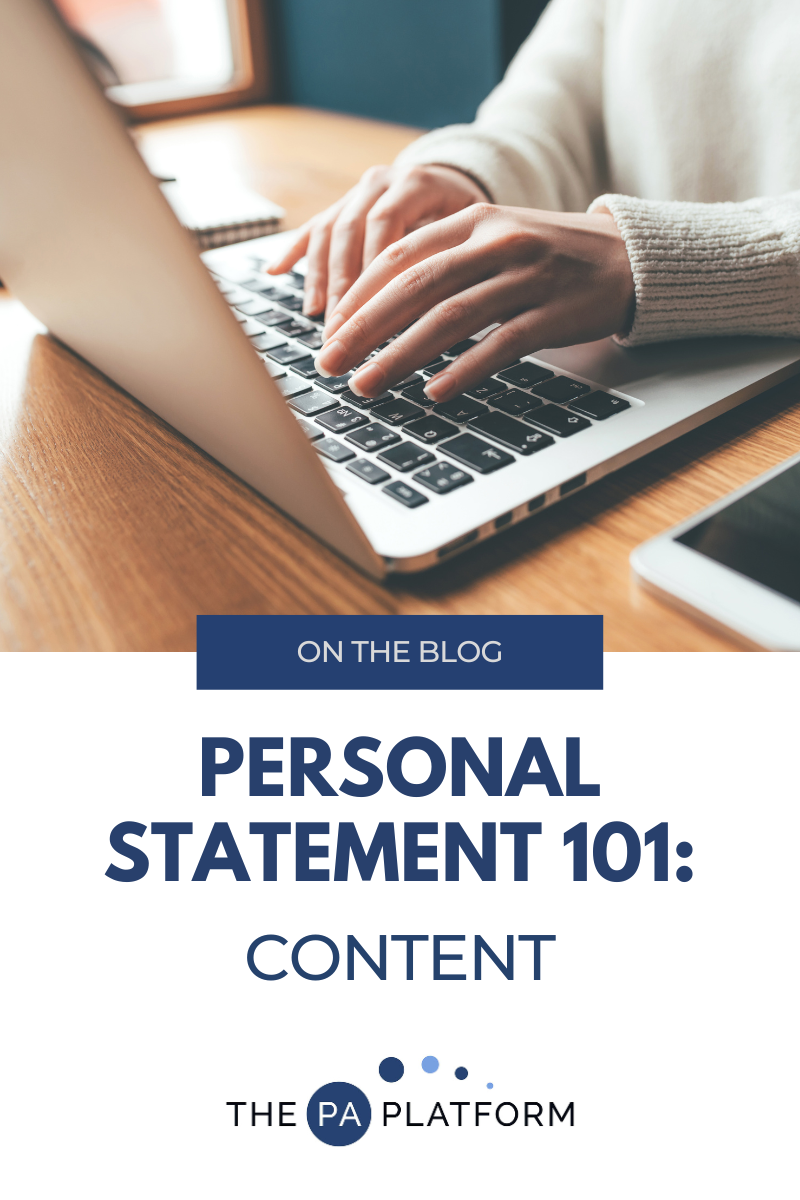











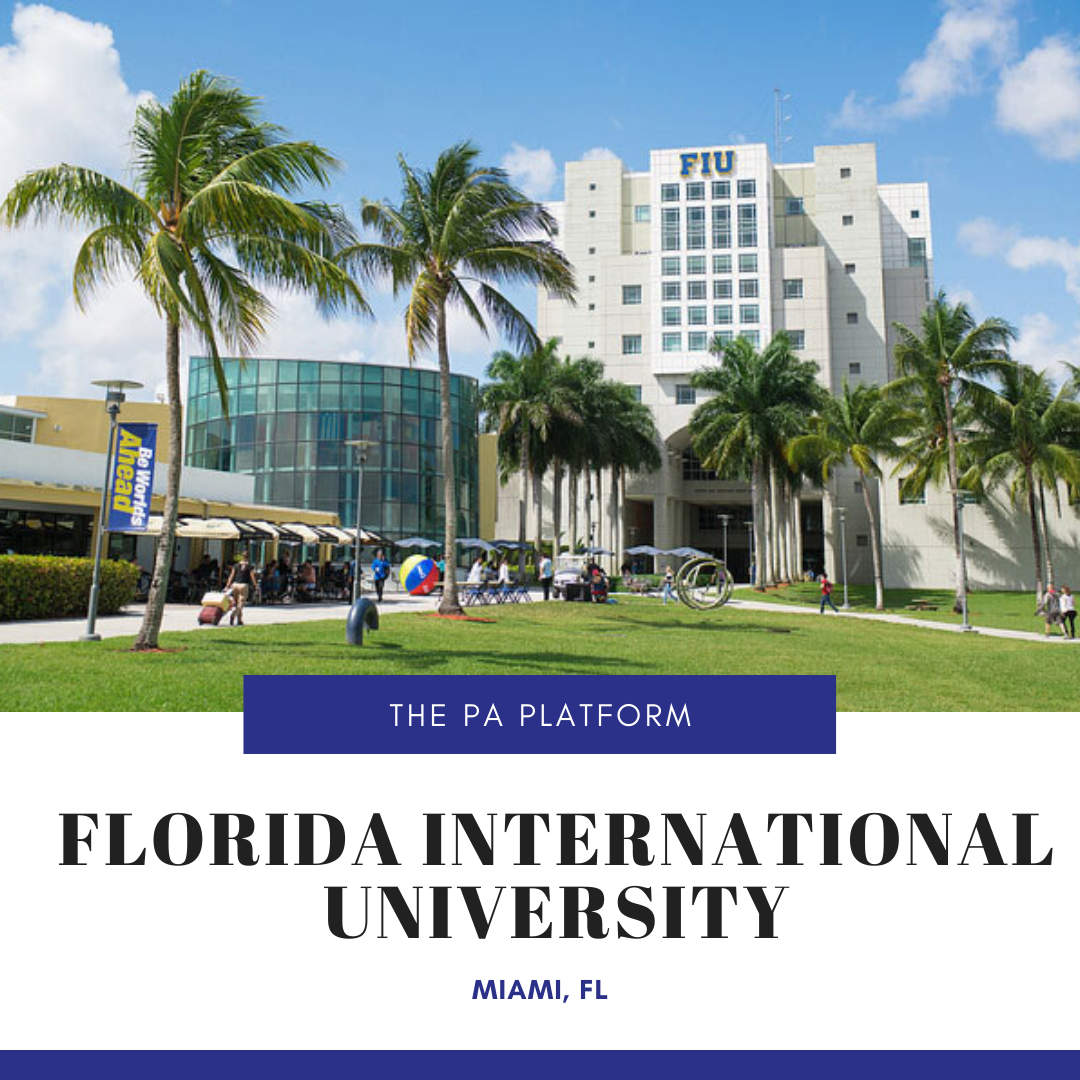
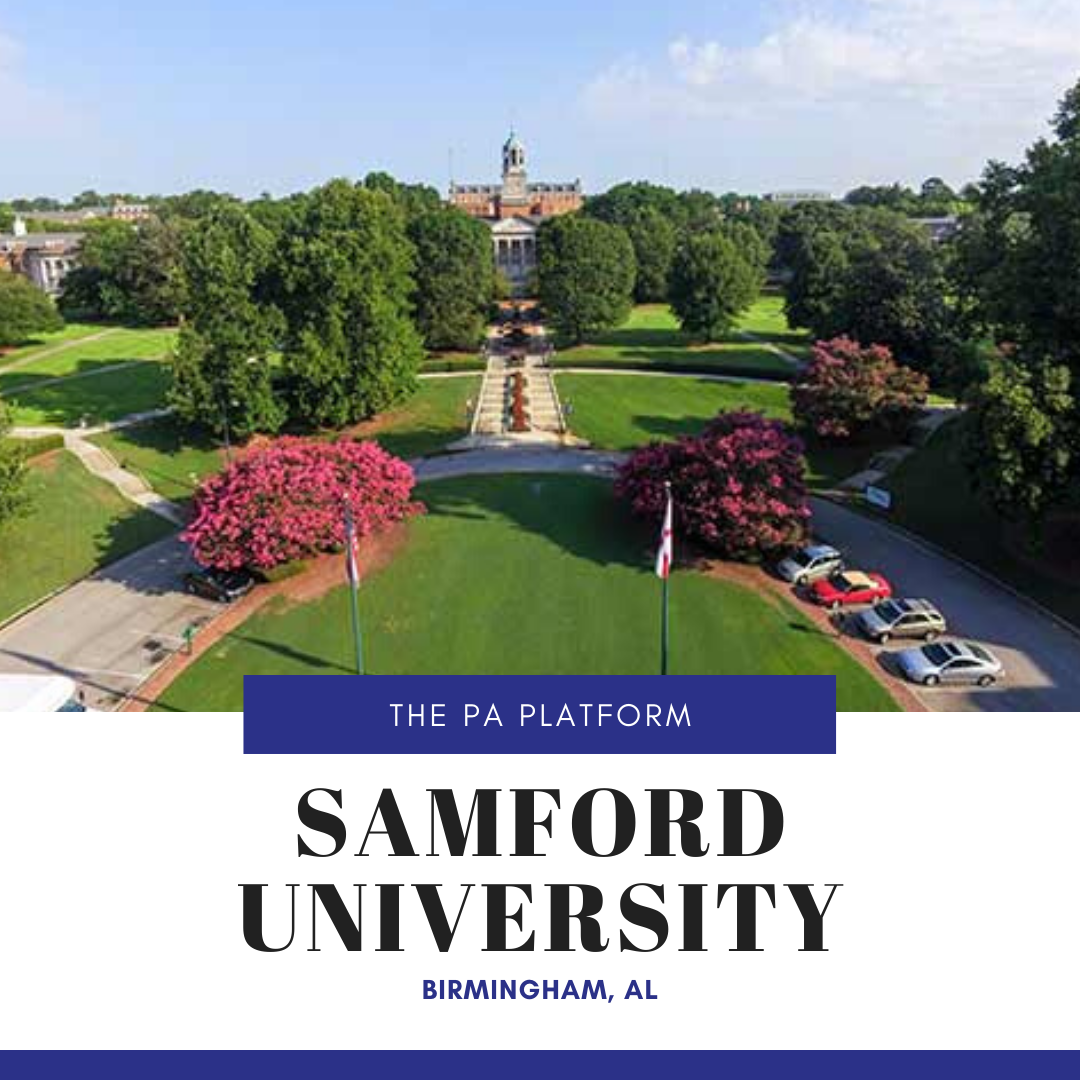

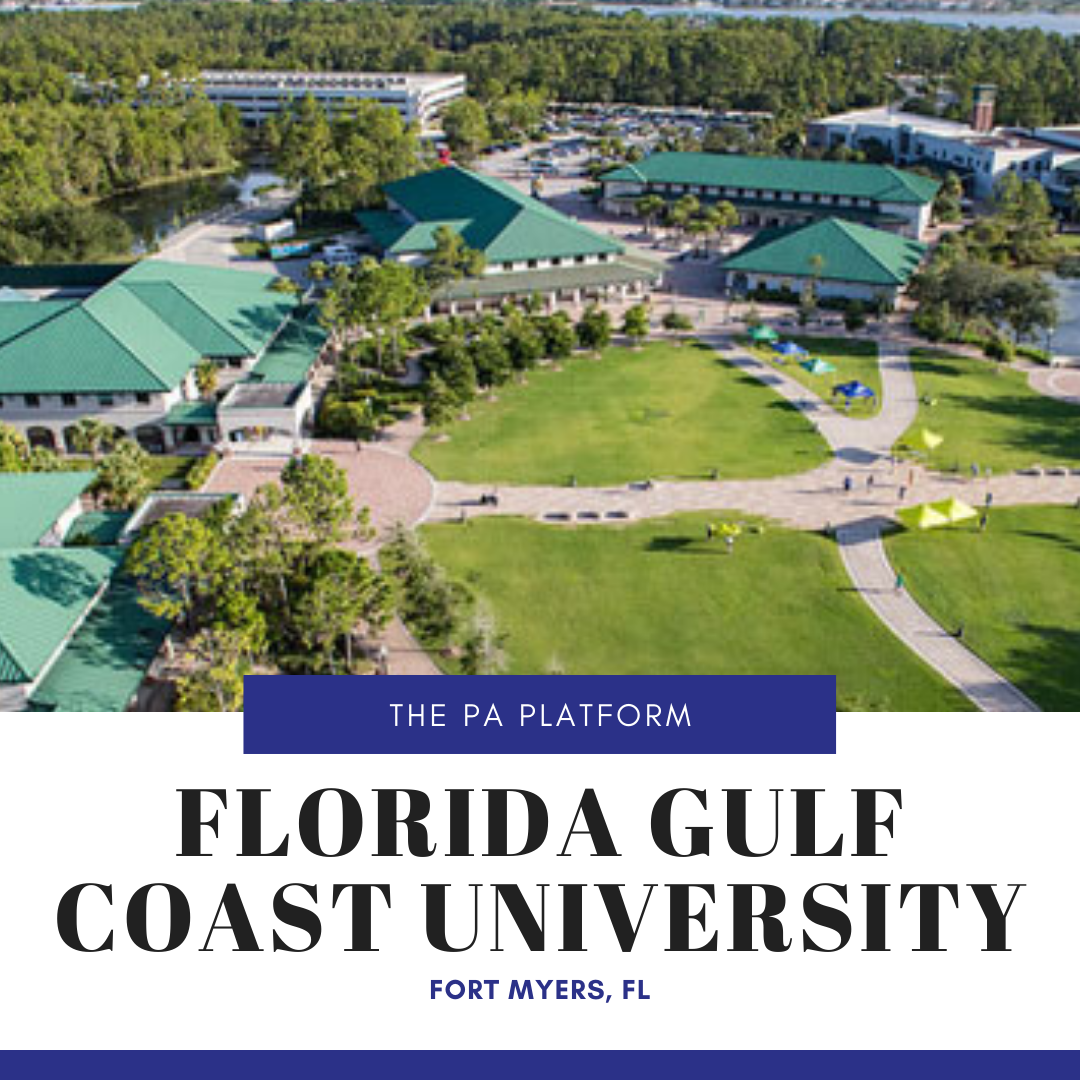


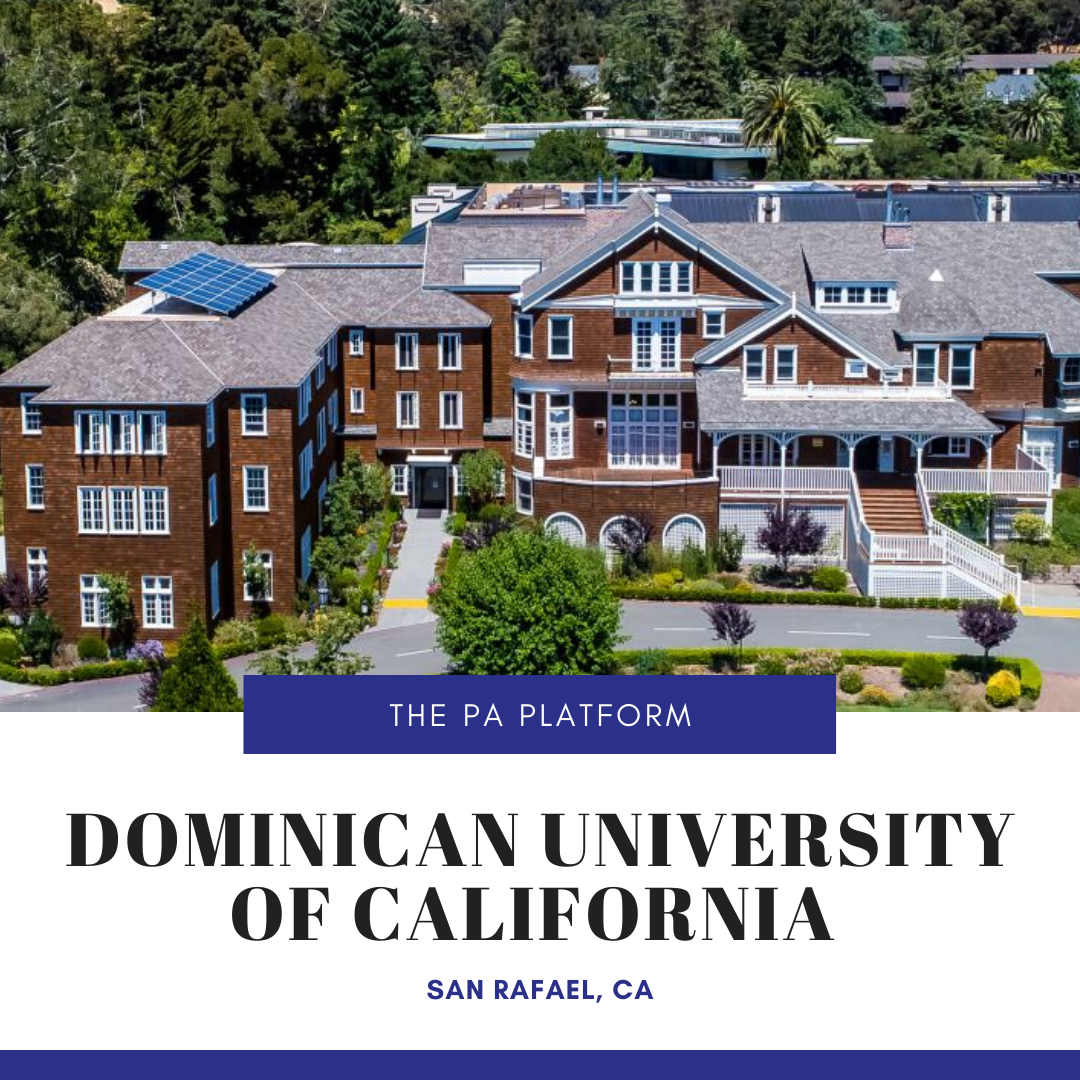









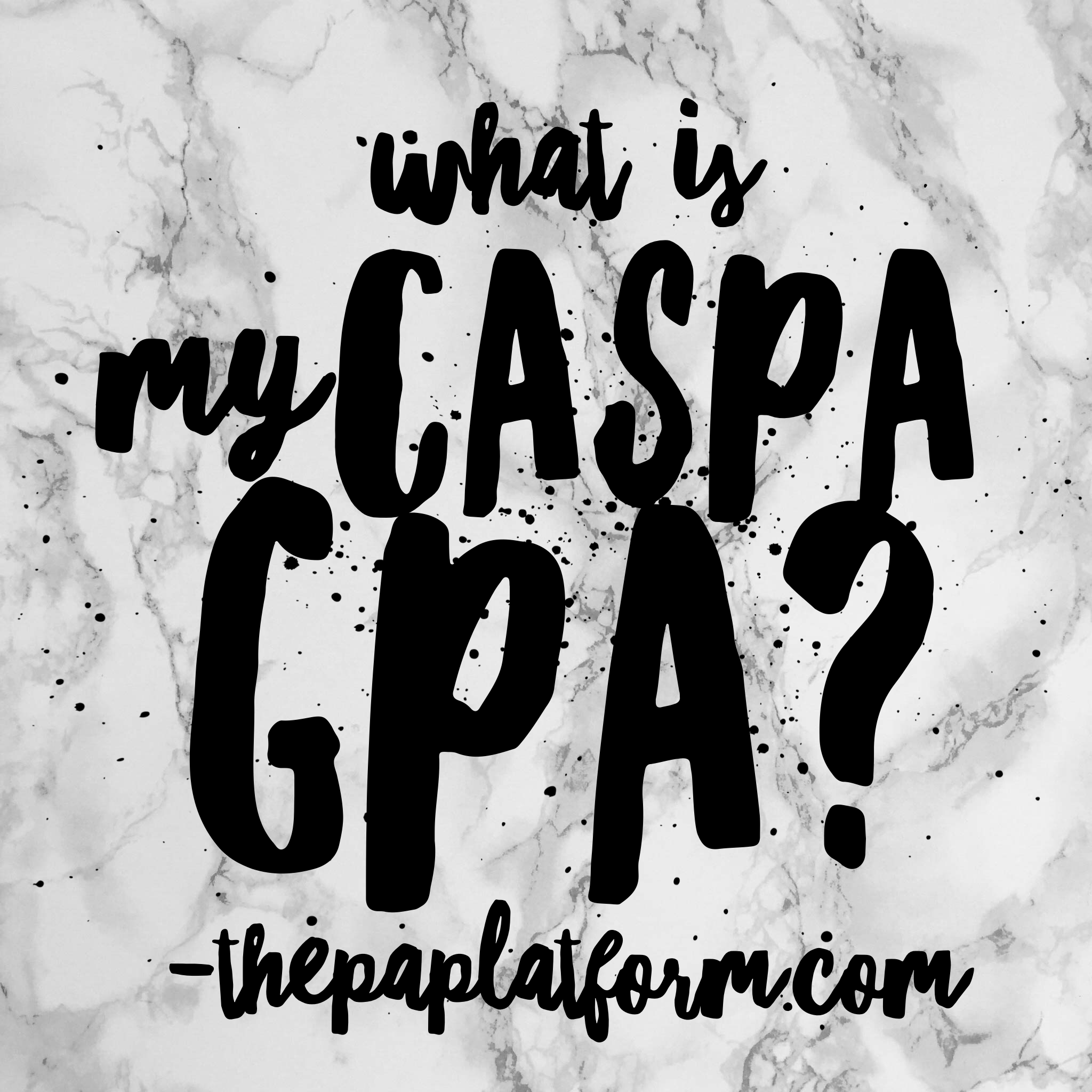




















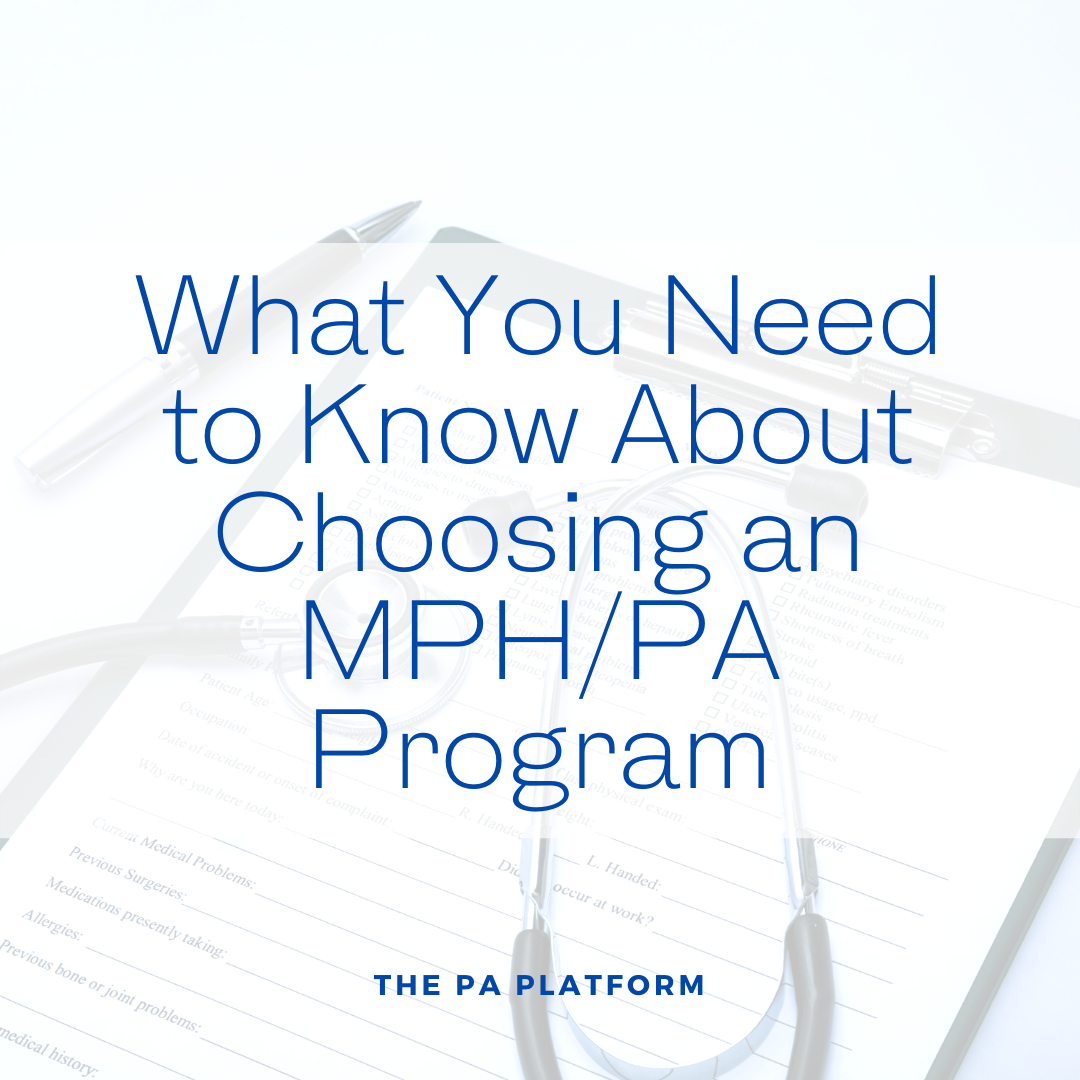
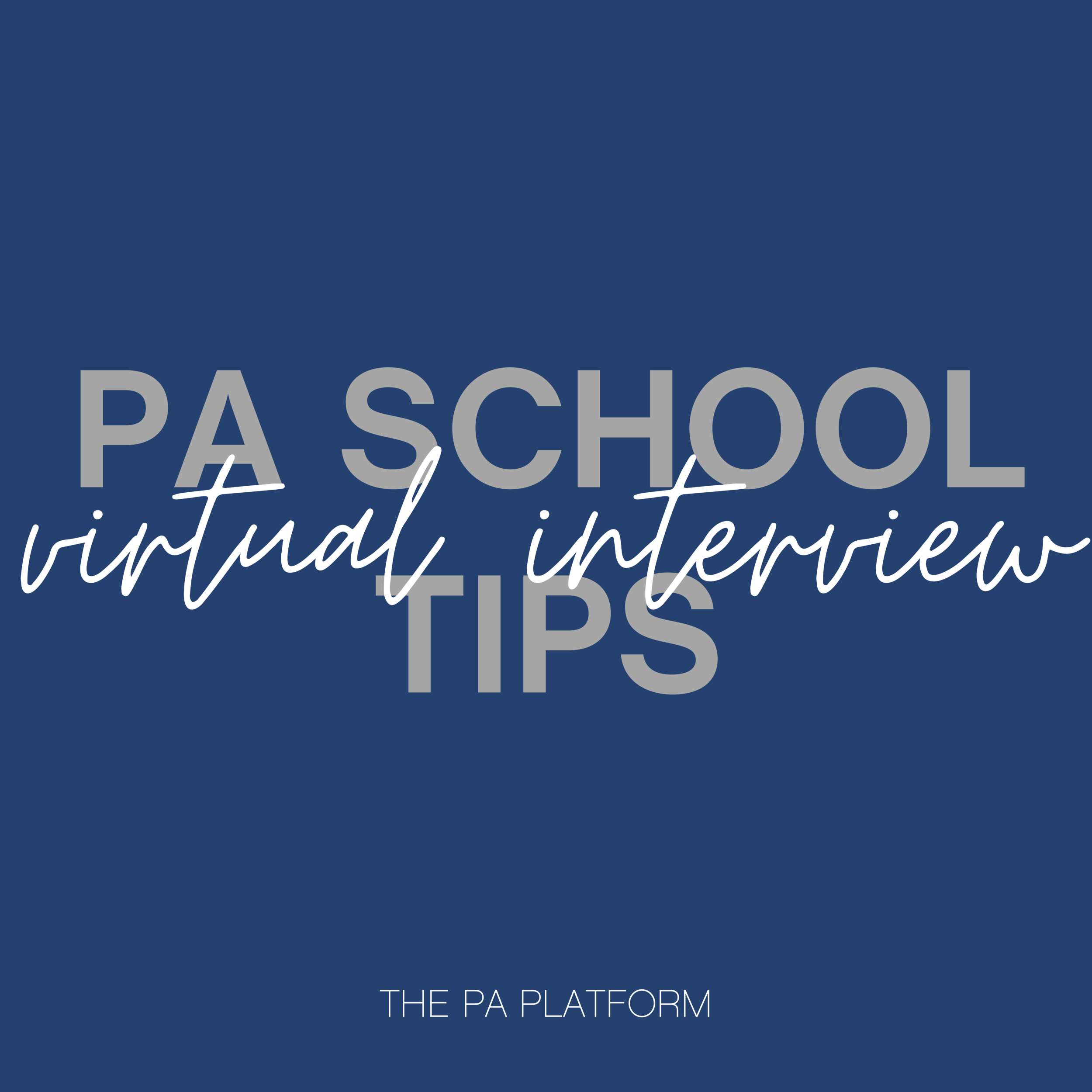













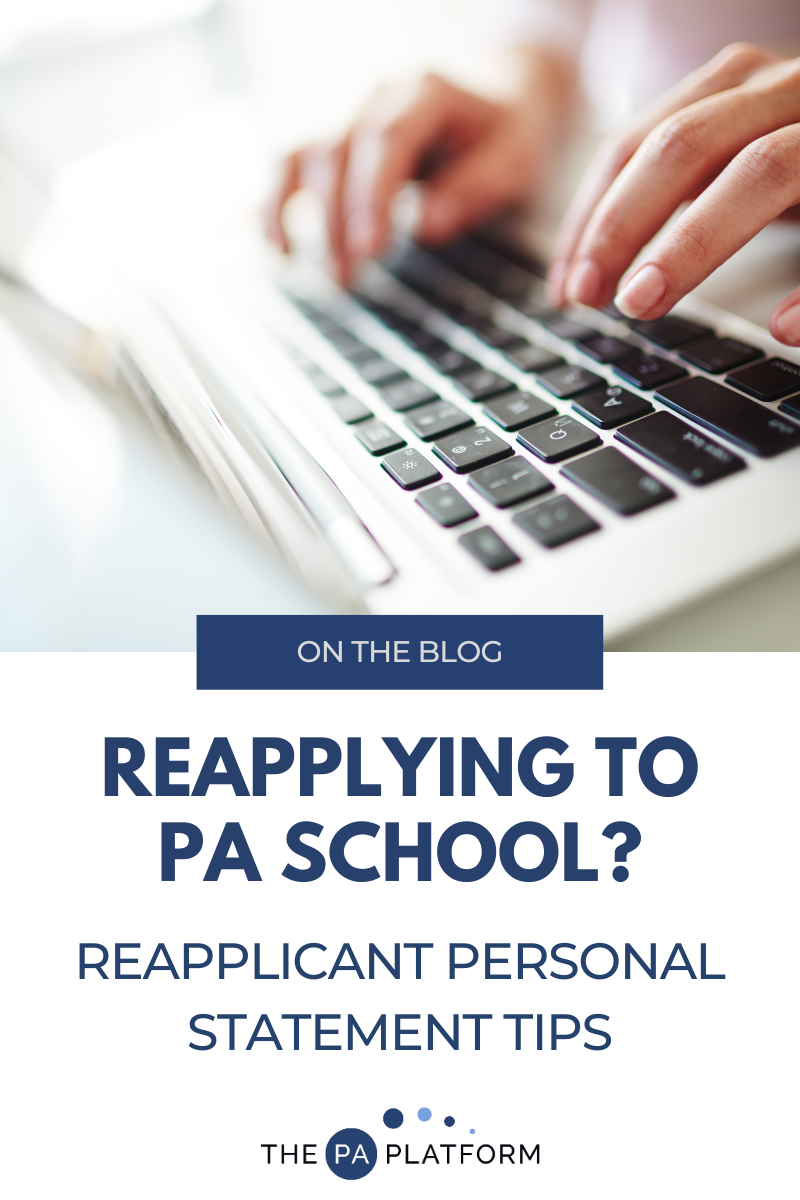









Your personal statement is your chance to demonstrate maturity, address any weaknesses, and showcase your continued dedication to becoming a PA. By making thoughtful revisions to your personal statement and highlighting your progress, you can strengthen your application and increase your chances of acceptance.